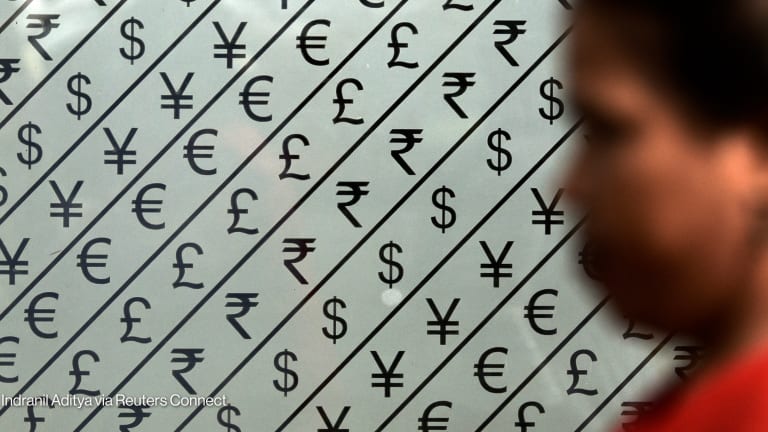The World Bank plans to limit financing available for coal-based power generation projects and boost its support for clean energy schemes as part of its new energy strategy, a draft of the strategy document indicates.
According to the draft, the new energy strategy has two objectives: increase energy access and reliability, with a focus on poor countries, and facilitate a transition to “environmentally sustainable energy sector development.”
The draft proposes that the bank only finance new coal-based power generation projects for countries that get all their World Bank aid from the International Development Association, which lends exclusively to some of the world’s poorest countries.
The draft adds that the World Bank would only consider funding a new coal power project if the project can “significantly” increase electricity access and reliability, when coal power is the least expensive option, and when no concessional financing is available for more expensive, lower emission alternatives.
The World Bank will no longer fund coal-powered power projects for countries that receive funding from both the IDA and the International Bank for Reconstruction and Development, which typically funds middle-income countries, or exclusively from IBRD, according to the draft strategy, which was obtained by Bloomberg.
In IDA-blend and IBRD countries, the bank will instead focus its financing on projects promoting renewable energy, energy efficiency and lower greenhouse gas emissions, the document says.
The draft is expected to be discussed April 11 by the World Bank’s Committee on Development Effectiveness.
Other proposals under the bank’s new energy strategy include:
- Support the expansion of electricity access in sub-Saharan Africa.- Steadily and strategically increase lending for clean energy initiatives. - Explore new financing models and instruments for low emission systems.- Help foster more private sector participation and investments in the energy sector.
Read more development aid news.








